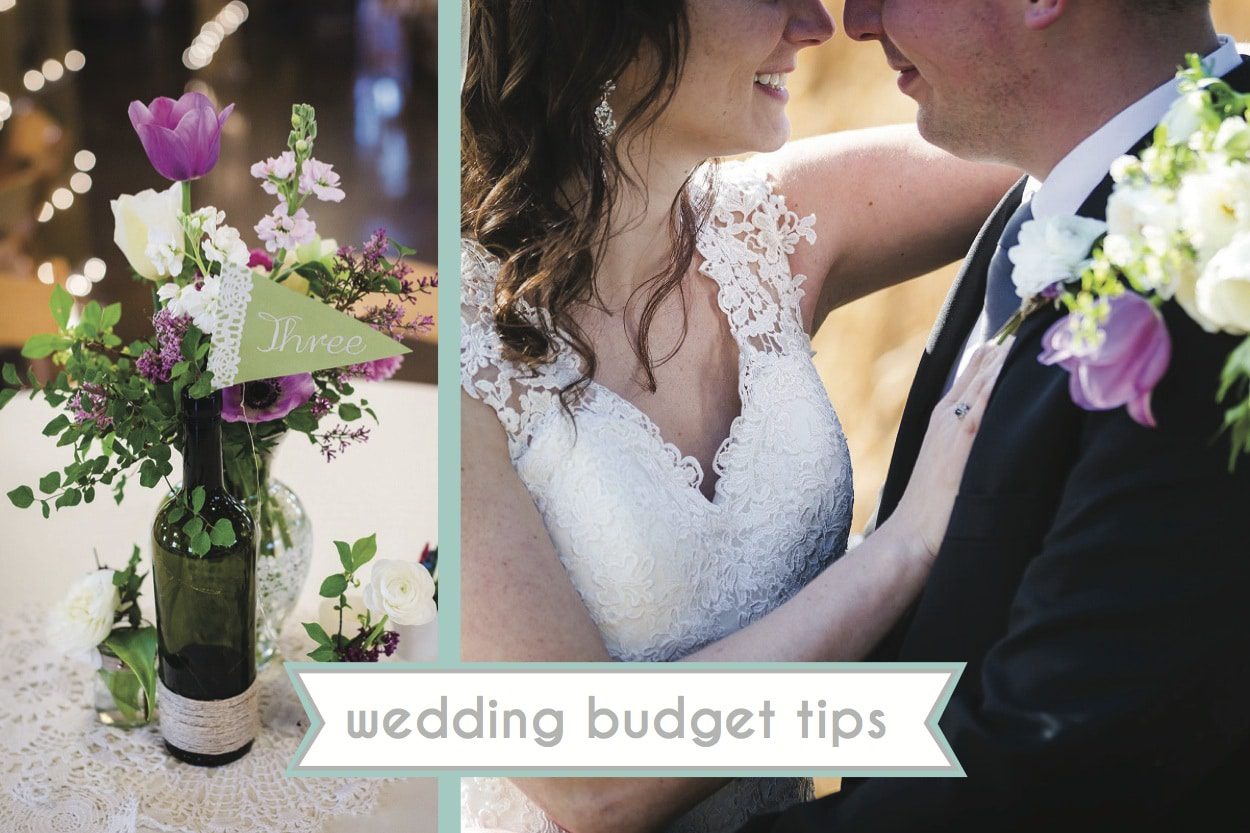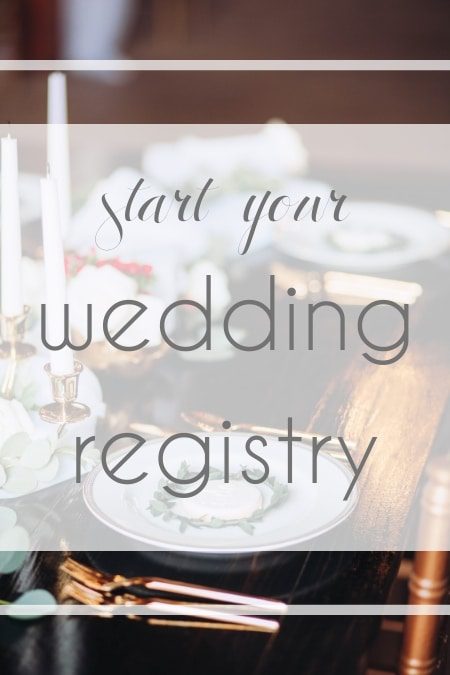
photos by Steven and Lily Photography, see more here
When you’re newly engaged, the last thing you want to think about is your wedding budget. Chances are you’d rather be filling your Pinterest board with gorgeous bouquets, centerpieces and the like. However, when you’re newly married, the last thing you want is to deal with debt from overspending on your wedding.
So, how is a couple supposed to create a budget for the biggest day of their lives? Well, be sure to look at our wedding budget tips to help!
Work together
Creating a wedding budget is a two-person job, regardless of who is taking on the bulk of the planning. Set aside some time to sit down one-on-one and come up with a number that seems reasonable. Consider who will be footing the bill – are you getting help from family members or will you be handling the costs yourselves? Discuss with one another until you come to an agreement on a number, be it $10,000 or $100,000.
Break it down
Once you have an idea of how much you’re willing to spend on your wedding, it’s time to break it down into categories. There are many resources online that can help allocate your expenses out by category, so don’t hesitate to do research first. Generally, the venue and catering takes up about half the budget so set that aside.
From there, determine the top three must-haves for your wedding. It could be great music, delicious food, or photography that lasts a lifetime. Whatever your ‘big three’ are, make them priorities on your budget. If you already have certain vendors in mind, don’t be afraid to request a quote and include that in your budget as well. The more realistic your numbers are, the more likely you are to stick to it.
Factor in ‘hidden’ fees
While it’s easy to allocate your budget out to the big things, keep in mind that there will be other expenses to consider as well. Be sure to set aside some extra money for taxes, as well as tips for certain vendors. The best way to account for these additional expenditures is to create a contingency budget – 10% is a reasonable amount. This is money that isn’t allocated out, but acts as an emergency fund to cover costs that weren’t originally factored into the budget.
Stick to it!
This is, of course, easier said than done. Remember that you set a budget together for a reason. While it may not seem like much to spend a bit extra on upgrading a bouquet, small expenses can certainly add up. If possible, look for ways to DIY parts of your wedding to save some pennies. Be firm and resolute with your budget, keeping in mind that your wedding is much more than the little details.
Once you’ve finalized your budget, it’s time to move onto the next step – picking your venue and vendors! While this can be exciting, it’s essential that it takes place after setting the budget in order to ensure your chosen vendors are all within your price range.
We hope these wedding budget tips were helpful. Happy planning!



















